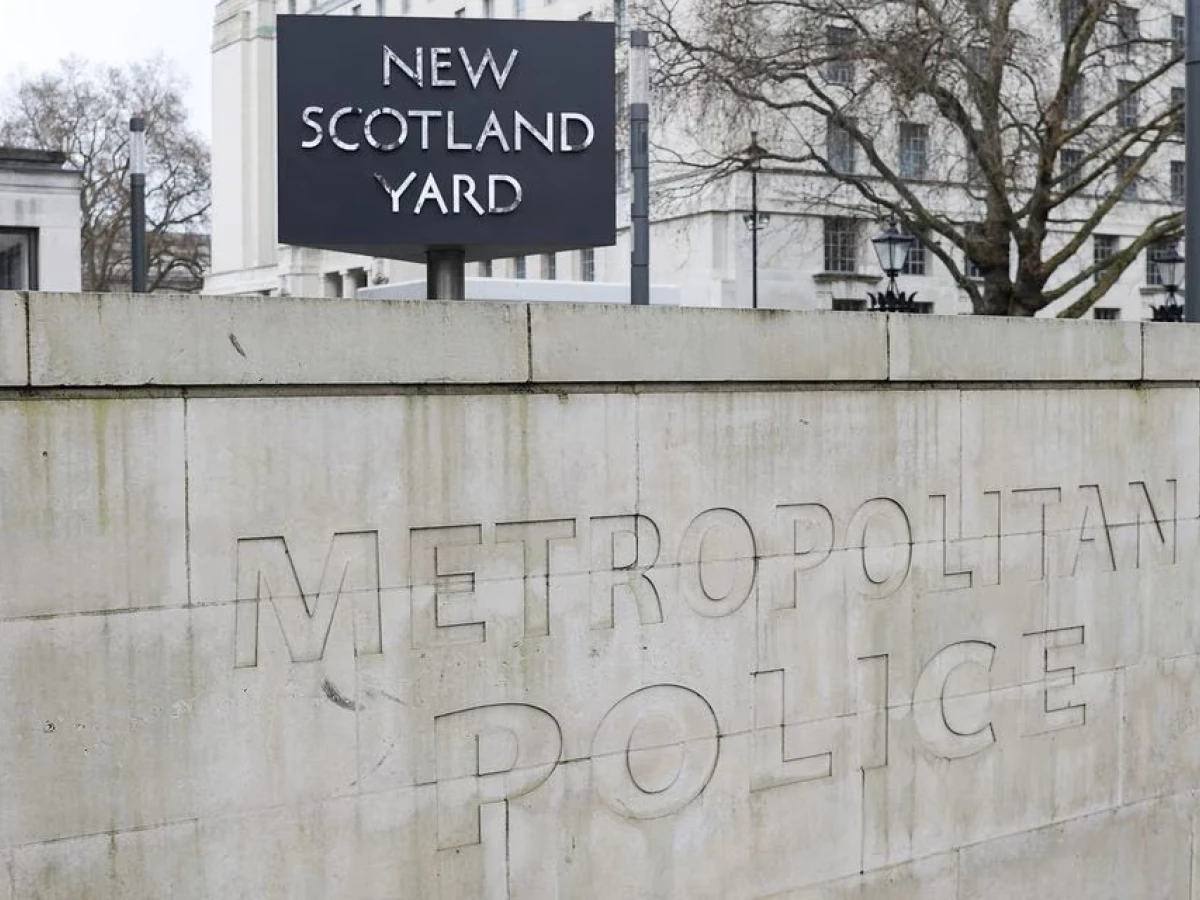
London police failed to learn from serial killer case, review finds
The Met, said it would fully consider the recommendations.
LONDON, April 27 (Reuters) - London's police force has failed to learn enough from its failures in a 2016 serial killer case to stop similar crimes happening again, a police watchdog said on Thursday in a damning report.
The review of the case of serial killer Stephen Port, who was jailed for life for the murder of four men he met on dating websites between 2014 and 2015, said the force had failed to recognise the deaths were connected until too late, despite obvious similarities.
The report by His Majesty’s Inspectorate of Constabulary and Fire & Rescue Services called for action to overhaul what it said was poor training and supervision, inadequate crime analysis processes and unacceptable record keeping.
London's Metropolitan Police Service, known as The Met, said it would fully consider the recommendations.
"We are sincere in our desire to make real change to minimise the chance of a case like this ever happening again," Met Assistant Commissioner Louisa Rolfe said.
The force, which was found by an independent review last month to be institutionally racist, misogynistic and homophobic, was put in a special monitoring and improvement programme by the police watchdog last year over its handling of a string of high profile cases.
"The Met has still not learned enough from the calamitous litany of failures in that (Port) case," Inspector of the Constabulary Matt Parr said.
"Issues with the Met’s culture and officers’ behaviour have been widely recognised. However, the Met’s problems with competence and professionalism run even deeper: too often, they don’t get the basics right. Our inspection has shown that history could repeat itself," he added.
The report said despite some improvements made since the case, police officers at the Met acknowledged they still rely on luck to identify links between deaths at a local level.
Its recommendations included increasing the use of intelligence officers responding to deaths.




